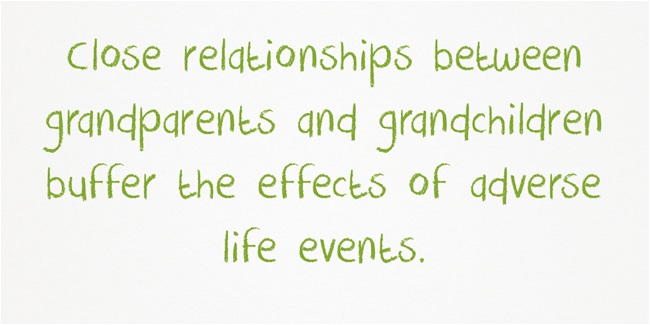No, this is not an article about your favorite band, One Direction. Sorry to disappoint. 🙂 But keep reading, and you’ll see why the title is quite appropriate.
Who Do You Know?
How much do you know about your parents? Your grandparents? I know you probably grew up with them. But that doesn’t mean that you know the intimate details about their lives . . . especially before they were parents.
I have found that even in my closest relationships, you can learn a great deal about a person from asking them the right questions. It is so easy to take those we care about for granted. To assume we know everything there is to know about them. This has certainly been the case with me. I live about 2 ½ hours from my parents, but I visit them fairly often. Recently, I have tried to ask them more questions about their lives, their feelings, their stories, and so forth. Then I just listen. And then ask follow-up questions. Wow!
My father’s health has been slowly deteriorating for several years. Things are not looking promising. So I’ve decided to sit down and interview him in order to glean as much wisdom and as many experiences as I can. I hope this can be part of our legacy as a family. My children, my wife, my siblings, and beyond will benefit greatly from these stories. But don’t just take my word for it.
Connecting Generations Through Story
Family stories, such as those passed from previous generations, act like a chain that link together family members throughout time. It gives children a sense of who they are and how to approach life. Generational stories also have several other tremendous benefits.
When 2 psychologists from Emory University worked with children before and after the 9/11 terror attacks, they found that “the ones who knew more about their families proved to be more resilient, meaning they could moderate the effects of stress.”
The researchers concluded: “The more children knew about their families’ histories, the stronger their sense of control over their lives, the higher self-esteem, and the more successfully they believe their families functioned.”
But we can’t just pass on the greatest hits of our ancestors; they need to be real individuals with real challenges. The bitter with the sweet. For example, “We’ve had ups and downs in our family, and here is how we overcame our trials.”
Not only do inter-generational stories help in the long-term, but they also have more immediate benefits as well!
A study from Oxford University showed that teenagers whose grandparents were activel y involved in their lives were happier. They had fewer emotional and behavior problems and got along with their peers better. “Close relationships between grandparents and grandchildren buffer the effects of adverse life events,” the researchers said.
y involved in their lives were happier. They had fewer emotional and behavior problems and got along with their peers better. “Close relationships between grandparents and grandchildren buffer the effects of adverse life events,” the researchers said.
Another study from the U.S. showed that grandparents have a positive influence on their grandchildren that is distinct from parent-child relationships. When grandparents stayed connected and involved with their grandkids, the children in both single parent and two-parent families “were kinder to others outside their immediate family and friends — and, in some cases, smarter.”
The bottom line: if you want a happier family, create, refine and retell the story of your family’s positive moments and your ability to bounce back from the difficult ones. That act alone may increase the odds that your family will thrive for many generations to come.
Great Granddaddy Knew
One of the primary reasons that generational stories are so impactful is that they tell about love and sacrifice. Indeed, leaving a lot of wealth to posterity may be desirable for some, but leaving a legacy of love will go much, much further. I share a portion of the lyrics from a song written by one of my best friends (who’s also an old bandmate):
Some people leave lots of money
For their children when they go
But no, not my grandfather
All we got from him was love.
Late a couple nights ago, my youngest on his tippy toes,
overheard his daddy cryin’.
I was sayin’ something to the Lord
Like “I wish I could give him more”
when my baby intervened.
He said: Daddy why are you crying?
Stop apologizing
All that I’ve ever wanted was to be loved by you.
Cause that’s what your daddy gave you
And that’s what his daddy gave him
Great granddaddy knew, that you would love me too.
Great granddaddy knew.
So What Are You Waiting For?
When and how can parents and grandparents share these stories with their children? If you aren’t currently holding annual family reunions, take the bull by the horns and get on it. It only takes one person to start a fire.
Set aside time to do interviews with family members! One author gives the following recommendations:
Well-crafted, open-ended questions can yield fruitful results when you interview family for purposes of family history. Take time to tailor the questions to the person you are interviewing.
When you are ready to conduct an interview, have the questions in front of you to make sure you are getting the information you desire. Conversations about family can go many directions. When possible, record the interview on audio or video.
The article goes on to list 150 possible questions you could ask! I highly recommend you use this reference as a guide.
Don’t wait until they’re sick or gone. You never know what the future holds. Start today with a few drips, and then over time, it can become a flood of family stories for you and your posterity.






